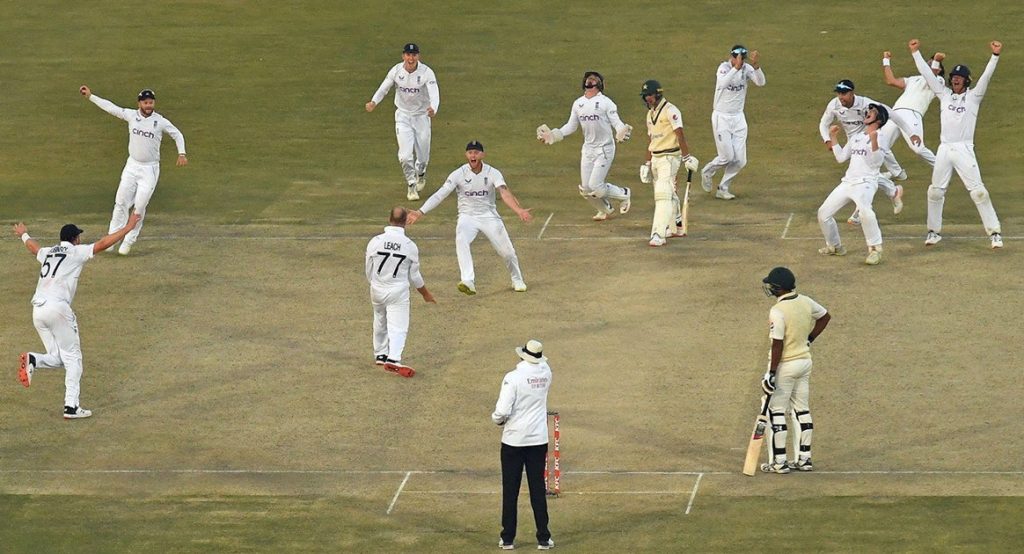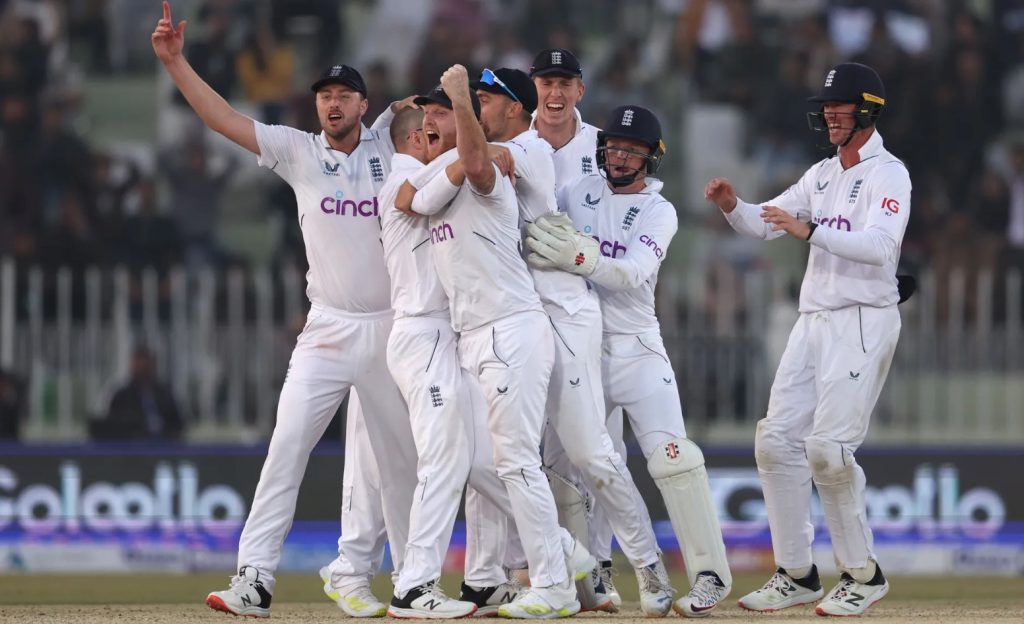First Test Match: Cricket is a sport rich in history and tradition, and one of its most significant milestones is the advent of Test cricket. The first-ever Test match was played between Australia and England from March 15 to March 19, 1877, at the Melbourne Cricket Ground (MCG). This historic event marked the beginning of a format that remains the pinnacle of the sport to this day.
Historical Context
The idea of a Test match stemmed from the growing popularity of cricket in the 19th century. England had been the birthplace of cricket, and by the mid-1800s, the sport had spread to other parts of the British Empire, including Australia. Friendly matches between English touring teams and Australian sides were already being played, but the 1877 match was designated as the first official Test match.

Teams and Key Players
The inaugural Test match featured some of the greatest players of the era. Below is a summary of the teams:
| Australia | England |
|---|---|
| Dave Gregory (captain) | James Lillywhite (captain) |
| Charles Bannerman | Harry Jupp |
| Jack Blackham | Alfred Shaw |
| Tom Horan | James Southerton |
| Nat Thomson | Allen Hill |
| Bransby Cooper | Henry Charlwood |
| Billy Midwinter | Thomas Armitage |
| John Hodges | Andrew Greenwood |
| Tom Kendall | George Ulyett |
| Fred Spofforth | John Selby |
| William Lloyd | Alfred J. Shaw |
Match Details
First Test Match: The match followed the rules and conventions of the time, with a timeless format (i.e., no set number of days). It was played over five days, and both teams had two innings.
Day 1:
- England batted first and scored 196 runs in their first innings.
Day 2:
- Australia replied strongly, with Charles Bannerman scoring the first-ever Test century. They ended their first innings at 245 runs, gaining a lead of 49 runs.
Day 3:
- England’s second innings was restricted to 127 runs, thanks to excellent bowling by Tom Kendall, who took 7 wickets.
Day 4:
- Australia chased down the target of 154 runs with 8 wickets in hand, finishing at 165/2.
Scorecard Summary

| Innings | England | Australia |
|---|---|---|
| First Innings Score | 196 | 245 |
| Second Innings Score | 127 | 165/ 2 |
| Total Runs | 323 | 410 |
Highlights of the Match
- Charles Bannerman’s Century:
Bannerman scored 165 runs in Australia’s first innings, a feat that remains iconic as the first-ever century in Test cricket. His innings accounted for 67.35% of the team’s total, a record that still stands. - Tom Kendall’s Bowling:
The Australian bowler Tom Kendall took 7 wickets in England’s second innings, playing a pivotal role in his team’s victory. - Attendance and Atmosphere:
The match attracted a crowd of around 20,000 spectators over the five days, showcasing the burgeoning interest in cricket.
Impact on Cricket
The success of the first Test match laid the foundation for international cricket. It marked the formalization of competition between nations and led to the development of regular Test series, such as The Ashes, which began in 1882.
Comparison to Modern Test Cricket
The evolution of Test cricket since 1877 has been remarkable. Here is a comparison of key aspects:

| Aspect | First Test Match | Modern Test Cricket |
|---|---|---|
| Format | Timeless match | Five-day matches |
| Players | Amateurs | Professional athletes |
| Equipment | Rudimentary gear | Advanced protective equipment |
| Umpiring | Basic officiating | Technology-assisted decisions |
| Audience | Local spectators | Global television audience |
Legacy of the First Test Match
The first Test match holds a special place in cricket history. It symbolized the beginning of an era where the best players from different countries could compete at the highest level. The traditions and spirit of that match continue to inspire modern-day cricketers.
Conclusion

The first Test match between Australia and England was more than just a game; it was a milestone in the history of cricket. The players, fans, and organizers of that era could not have imagined the global phenomenon that cricket would become. Today, Test cricket is celebrated as the ultimate test of skill, endurance, and character, a legacy that began on the hallowed turf of the Melbourne Cricket Ground in 1877.
